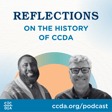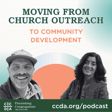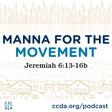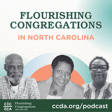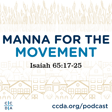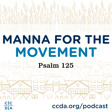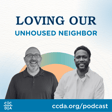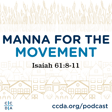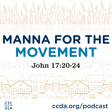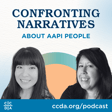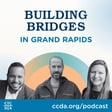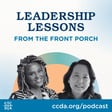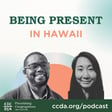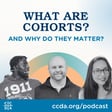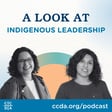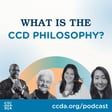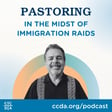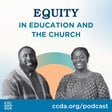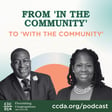
Neighboring in Militarized Communities
Sandra Maria Van Opstal is joined by Pastor Julio Hernández to share stories from the ground in Chicago and Washington, DC. They also discuss ways that the church and Christians can be good neighbors and work together toward collective liberation.
Want to have more conversations like this with other CCD practitioners? Check out CCDA’s Immigration Network and listen to our conversation with Pastor Carlos Rincon of LA, wherever you get your podcasts! Make plans to join us at the CCDA Conference this November at ccda.org/conference.
Sandra Maria Van Opstal, a second-generation Latina, is Co-Founder and Executive Director of Chasing Justice, a movement led by people of color to mobilize a lifestyle of faith and justice. She is an international speaker, author, and activist, recognized for her courageous work in pursuing justice and disrupting oppressive systems within the church. As a global prophetic voice and an active community member on the west side of Chicago, Sandra’s initiatives in holistic justice equip communities around the world to practice biblical solidarity and mutuality within various social and cultural locations.
The Congregation Action Network (CAN) is a grassroots coalition of faith communities committed to defending the rights and dignity of immigrants and refugees through collective action for housing, healthcare, education, food, and legal protections. Rev. Julio Hernández, Executive Director of CAN, is a Baptist pastor with over 20 years of ministry experience in cross-cultural missions and outreach. A son of Salvadoran immigrants, his faith and heritage ground his passion for justice and his commitment to ensuring all people are treated with dignity and compassion.
Connect with CCDA on Instagram, Twitter, Facebook, and LinkedIn. Follow CCDA on YouTube.
Organizations and resources mentioned in the episodes:
